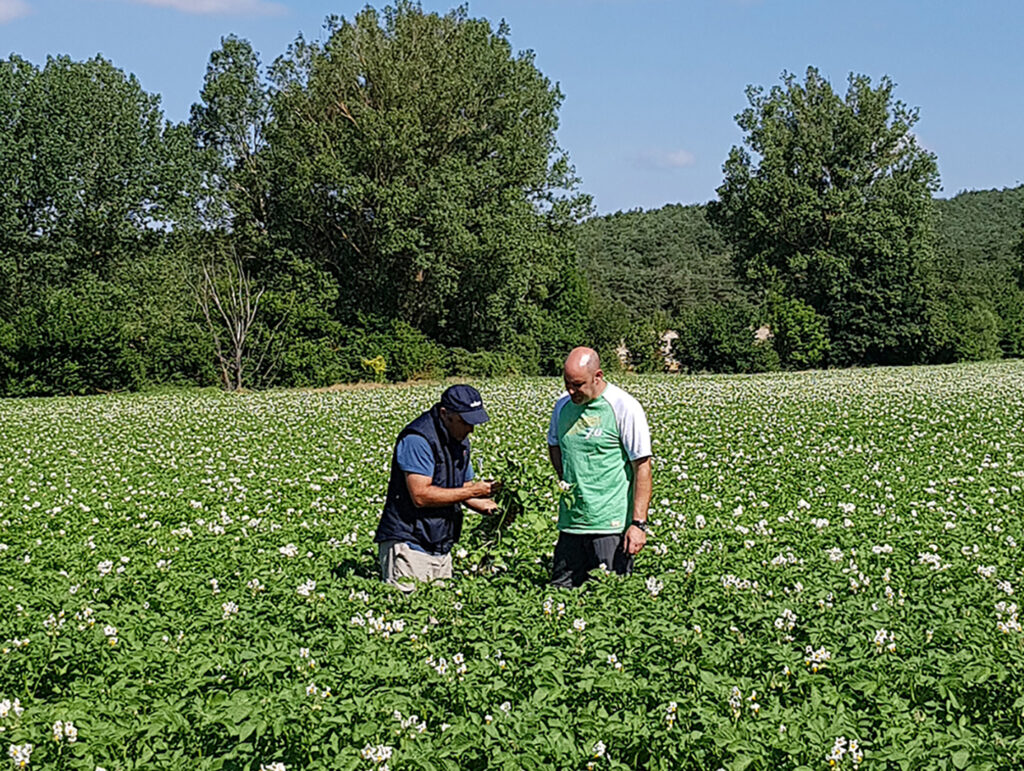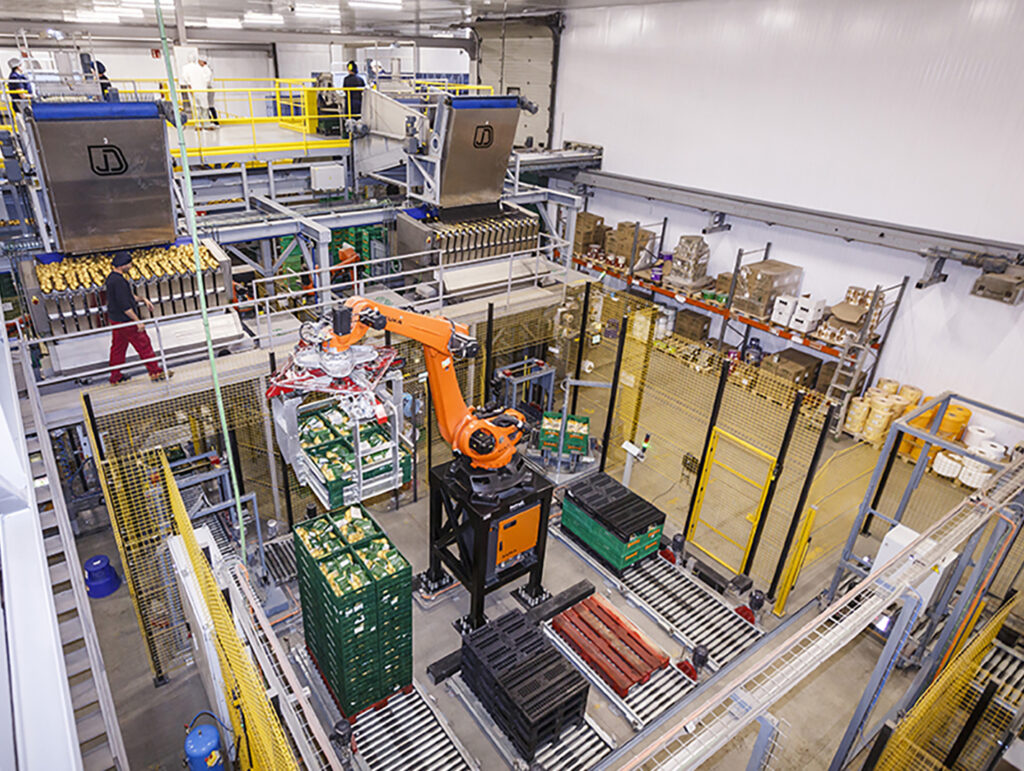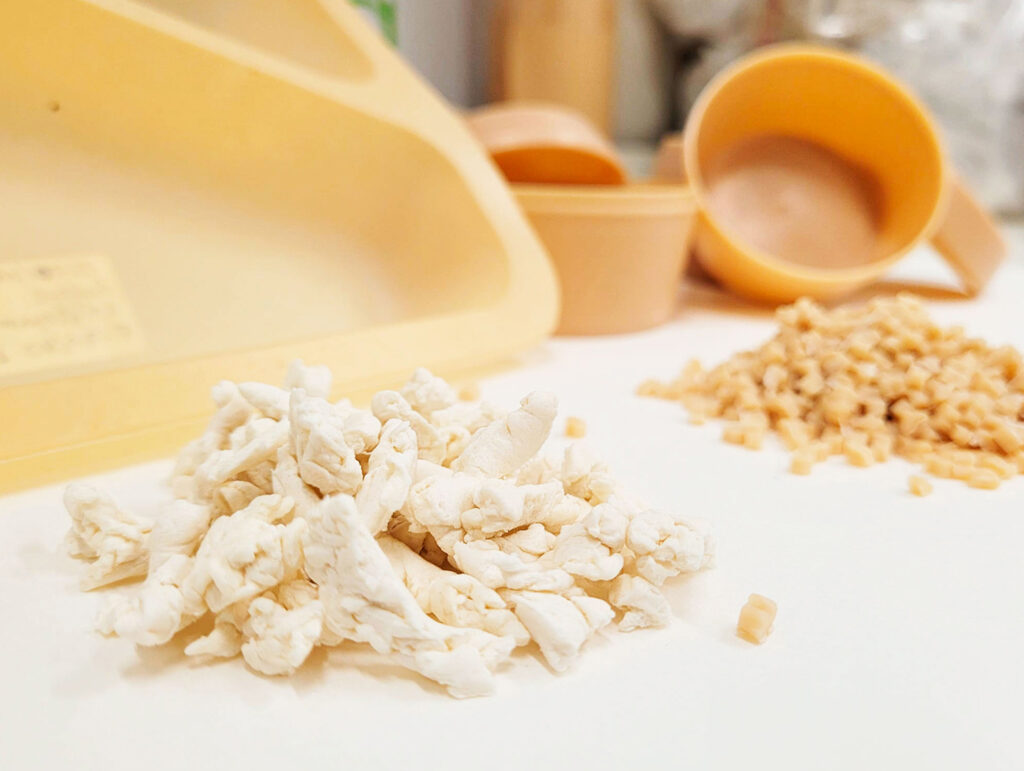About
Currently, rural areas cover approximately 80% of the European Union’s territory, containing 30% of its population (137 million people) and, therefore, they play a key role in improving sustainable bio-based value chains.
In parallel, climate change and resources scarcity have made agricultural residues, by-products, and waste gain attention as a renewable, abundant and sustainable feedstock, enabling regional stakeholders in rural areas to create sustainable cooperative business models while reducing their dependence on fossil fuels and pollution levels. Nevertheless, the vertical integration of the bio-based chains in rural areas is a complex task that implies cooperation among actors with different profiles and many barriers (high capital requirements, operation of complex technologies, specialized workforce, cooperation with technology providers, sales channels, develop optimized short and sustainable logistic chains,…). that need to be addressed by farmers to convert the wastes and by-products produced and subsequently, to sell the respective bioproduct to final consumers.
The creation of a more sustainable, competitive and resilient Europe requires robust rural bio-communities
In this context, vertical integration of primary producers in bio-based systems is needed to increase farmers market power and to pave the way towards a full cooperation between regional stakeholders (primary producers, feedstock conversion actors, bioproducts end users and policy makers) in rural areas. Supporting this integration and promoting the bioeconomy in rural areas is a priority for BRILIAN, in particular, given the opportunities it presents for job creation, diversifying primary producers’ income, and encouraging rural regeneration.
Objectives
The BRILIAN project has been conceived to support the adoption of sustainable and cooperative business models in rural areas, to incorporate agricultural by-products valorisation, seeking to increase and diversify primary producers’ income. These business models will contribute to enhance rural development, biodiversity preservation and climate-neutrality, easing a smoother transition towards bio-based economies. It plays a fundamental role in revitalizing these regions and promoting sustainable economic and social development by transforming primary producers into active players in the supply chain, aligned with the goals outlined in the Common Agricultural Policy (CAP), the Green Deal, and the European Bioeconomy Strategy.
BRILIAN will set-up 3 cooperative pilots working with 10 value chains for the validation of a group of actions for bio-innovation (ABI), which will enable the proposition of specific cooperative business models. These business models will consider organizational and logistic optimization but also economic, social and environmental aspects, thanks to the Optimization Toolkit.
Using biomass to produce food, materials and energy can help boost rural communities, increase competitiveness and combat many of the challenges that the EU is faced with, including climate change, fossil-fuel dependency and food security
Brilian Optimization Toolkit
This toolkit includes Organizational, Logistical and Sustainability modules that must be considered in the implementation of new business models in rural communities. Such an approach will enable the identification, analysis and overcoming of the potential hurdles that could hamper the successful demonstration of BRILIAN overall concept and solutions.
BRILIAN optimization toolkit will maximise benefits of rural communities while supporting the implementation of circular and sustainable bioeconomy value chains, enabling vertical integration of the primary producers to generate added value bio-products.
BRILIAN optimization toolkit will guide the design of business models for new bio-based value chains
Actions for Bio Innovation
BRILIAN will support the establishment of competitive bioeconomies by placing farmers in the center of a circular framework, setting up sustainable operations in rural areas across EU. To validate this approach, the project will work in close cooperation with local stakeholders from 3 pilot regions in Italy, Spain and Denmark, where BRILIAN ABIs will be implemented resulting in optimized business models for the proposed value chains.
The Actions for the Bio-Innovation are: Forging robust rural bio-communities, Integration of short supply chains, Achieving circularity and sustainability and Production of value-added bioproducts.

Forging robust rural bio-communities
Forging robust rural bio-communities: this action for Bio Innovation includes the development of the organization module based on the cooperation agreements between stakeholders of the value chain (including from primary producers to bioproducts producers), the capacity building and cooperation module, in which BRILIAN will organize regional rooms and education and training days to strengthen the foundation of basic skills for rural regions inhabitants, and the Interregional workshops and discussions module, including the creation of the Advisory Board of Farmers (ABF), that will help to put in place a co-creation framework among stakeholders and implement a multi-actor approach during the project, improving the replicability of the optimized Business Models in multiple areas thanks to the different inputs of the members of the ABF.

Integration of short supply chains
Integration of short supply chains: it is divided in the Logistical module, that will include feedstock sourced assessment to contribute to operations based on the associated costs related to new activities included in the designed business models, such as resource collection, transport, storage, or required pre-treatments; the Implementation of pre-treatment facilities, with the deployment of pre-treatment facilities near the fields while the final production facilities will be deployed in node centres where the volume of production will validate the monetary investments, and real time monitoring of biomass conditions, in which a set of measurement devices will be deployed in the trucks to monitor information regarding temperature and moisture content evolution as well as geolocalization which are key inputs for the operational process at the biorefinery and allow to monitor quality parameters of the biomass.

Achieving circularity and sustainability
Achieving circularity and sustainability: this action is divided into 4 main activities: environmental assessment, Strengthening the resilience of farmlands, Water management and Policies and standards proposition.

Production of value-added bioproducts
Production of value-added bioproducts, through a sustainable process of agro-feedstock and industrial food waste in 3 pilots with the validation of 10 value chains.
BRILIAN innovations will allow primary producers to diversify their incomes while reducing risk
THE BRILIAN NEWSLETTER
Are you interested in the primary sector and its challenges? Do you want to know more about sustainable cooperative business models and the agricultural by-products valorisation? Do you wish to receive more details about the technologies and high-value products that we are developing in our Pilots? We write regular Newsletters, highlighting BRILIAN relevant activities, events and news.

